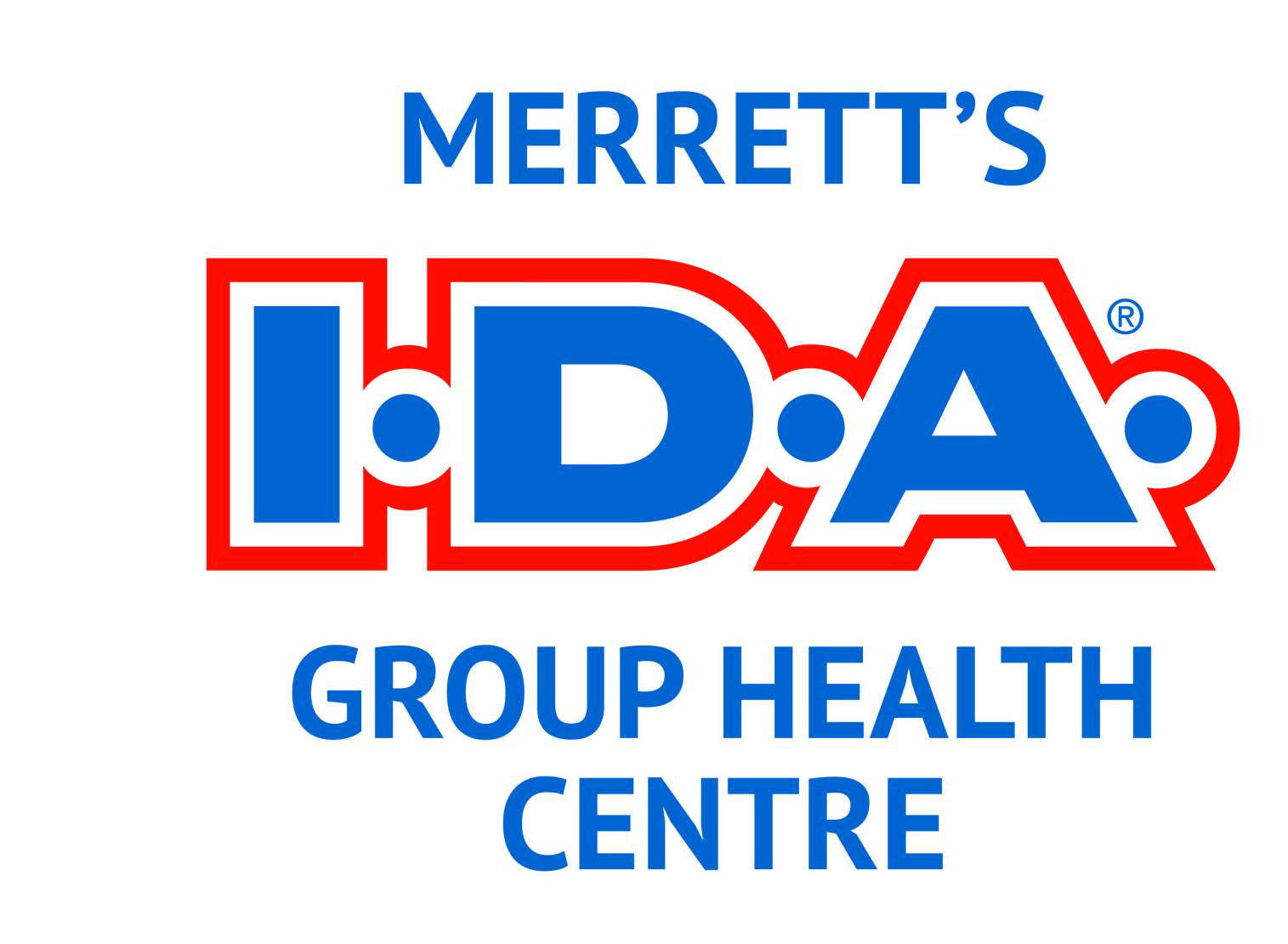Cannabis FAQ
Recreational cannabis is legal in Canada as of October 17th, 2018 under the new Cannabis Act. Despite being a Federal Law, it allows provinces to set some restrictions on their territories regarding cannabis use. These restrictions can range from the minimal age of consumption to the authorization or prohibition of cannabis use in public. Since the regulations in place may differ from one province to another, make sure to know which ones apply to you.
Canada is the second country in the world to legalize recreational cannabis. But with legalization comes a lot of questions, many of which can be related to your health and safety. Fortunately, your pharmacist is well equipped to respond to this new reality and answer your questions.
